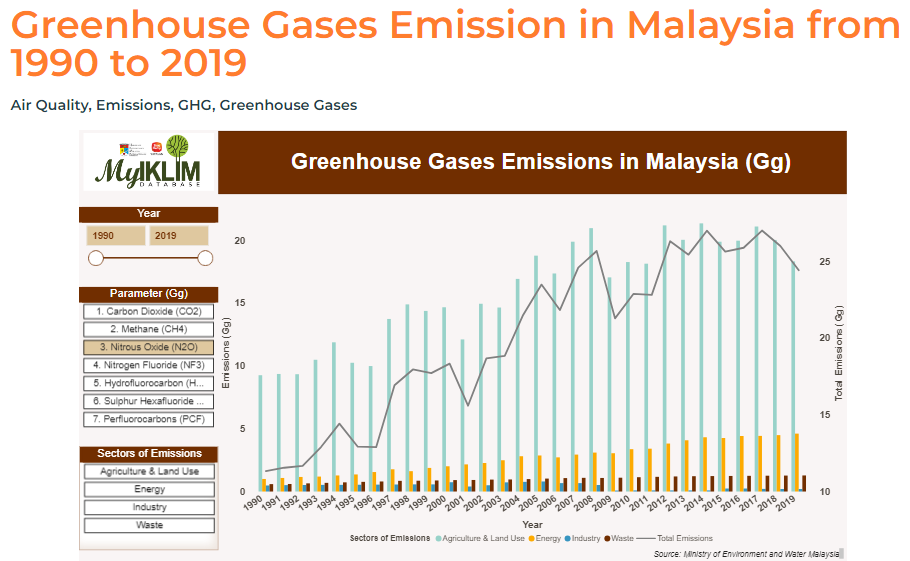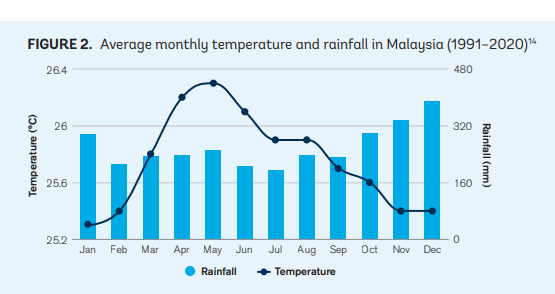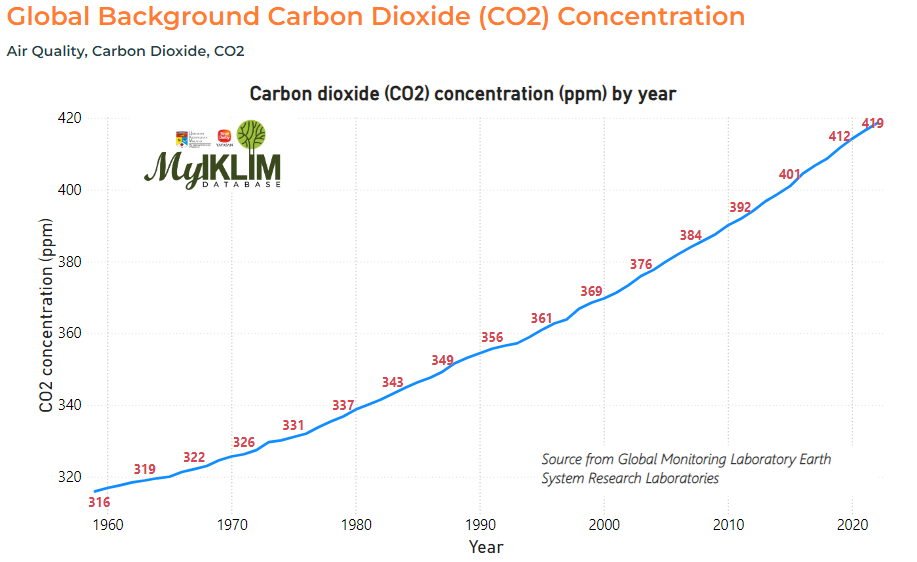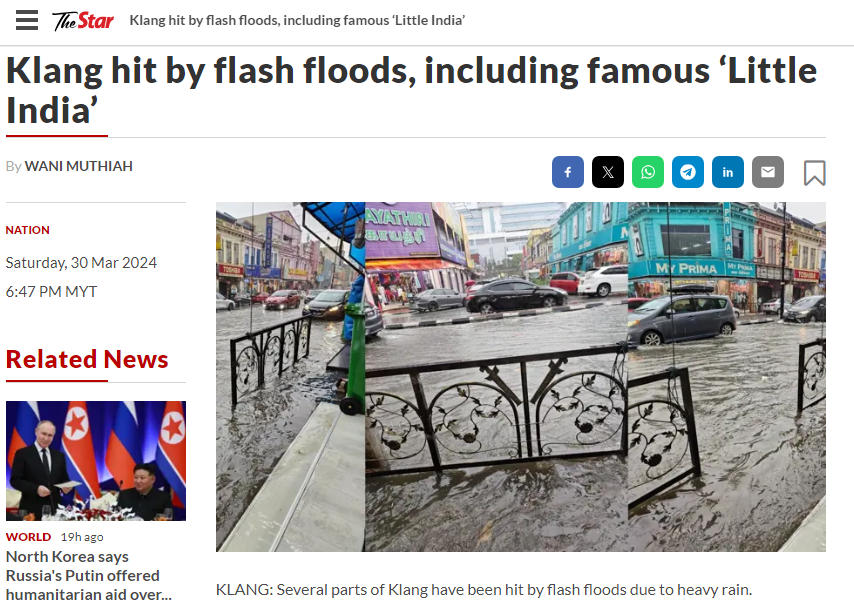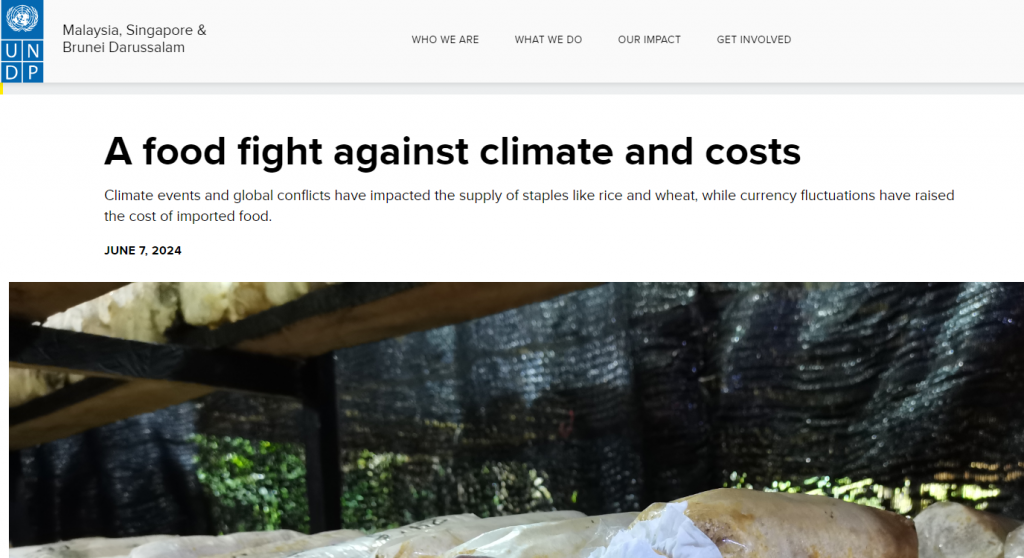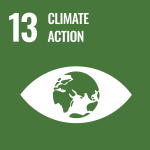EVIDENCES
Climate Change Happen Globally
Greenhouse gases (GHG) trap heat in the atmosphere, causing global warming. The main GHG are carbon dioxide (burning fossil fuels and deforestation), methane (fugitive emission from leaks and dairy), nitrous oxide (agriculture). Since the Industrial Revolution, human activities and consumption in energy, transportation, and agriculture have significantly increased GHG concentrations, accelerating climate change.
Between 1850 and 2023, global temperatures had increased by about +1.1 °C, and carbon dioxide levels in the atmosphere reached 420 parts per million. This increase, mainly due to human activities like burning fossil fuels, has sped up in recent decades. The resulting climate change has led to concerning environmental issues such as sea level rise and frequent extreme weathers, posing significant global challenges.
Melting ice caps are clear evidence of climate change and global warming. Ice caps are melting due to an overall increase in the average temperature on earth. Satellite data show a rapid shrinking in ice cap coverage since the 1970s. Moreover, the Arctic (Northern ice cap) is warming twice as fast as the rest of the planet. This creates positive feedback loops that increase global warming further. Thus, causing negative cascading effects on global weather and ecosystems. This shows that human activities and the visible effects of the melting ice caps are strong evidence of climate change.
Climate Change Happen in Malaysia
Malaysia is also experiencing climate change backlash. From 1970 to 2013, The World Bank stated that Peninsular Malaysia, Sabah, and Sarawak experienced an increase of average surface air temperatures between 0.14 and 0.25°C per decade. Moreover, within the same timeframe, maximum surface air temperatures experienced a rise between 0.17°C and 0.22°C per decade, with surface minimum temperatures increasing between 0.20°C to 0.32°C per decade. The data indicates that the frequency and intensity of heatwaves are expected to increase significantly due to climate change.

Aside from the heat waves, Malaysia has also been dealing with frequent and intense flooding, especially in the Klang Valley, due to a sharp rise in surface air temperatures. Over the past 20 years (2003-2023), Malaysia’s average temperature has increased by about 0.4°C to 0.6°C. This warming has led to more severe heatwaves and extreme weather events, making recent floods worse than before.
Climate change effect, such as heatwaves and floods, presents significant economic and social challenges for Malaysia, particularly in agriculture. Environmental changes and ecological impacts threaten food security, crop yields, and industries like rice, rubber, palm oil, and cocoa production. These effects could have alarming implications for Malaysia’s economy and society, emphasizing the urgent need for adaptive strategies and prevention plans.
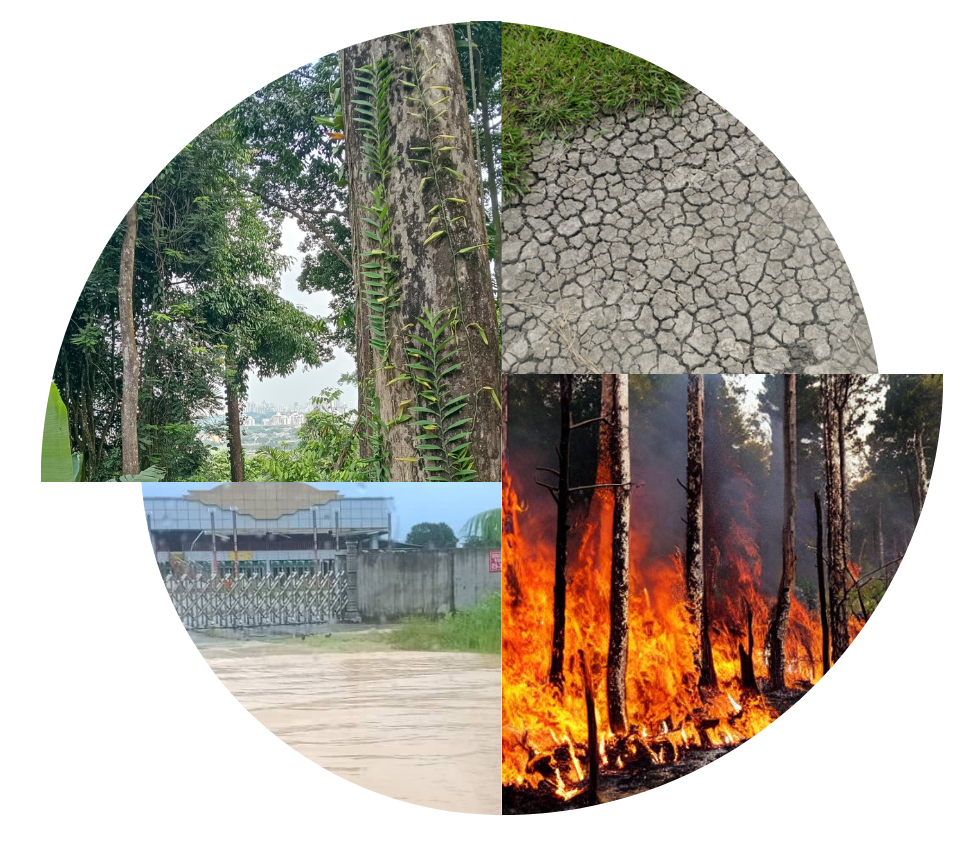
Causes
These causes contribute to trapping heat in Earth's atmosphere, leading to global warming and climate change

Effects
These effects are interconnected and can have far-reaching consequences for both natural systems and human societies worldwide

Mitigation
Mitigation efforts are typically focused on long-term impacts and solutions, aiming to prevent or limit future climate change

